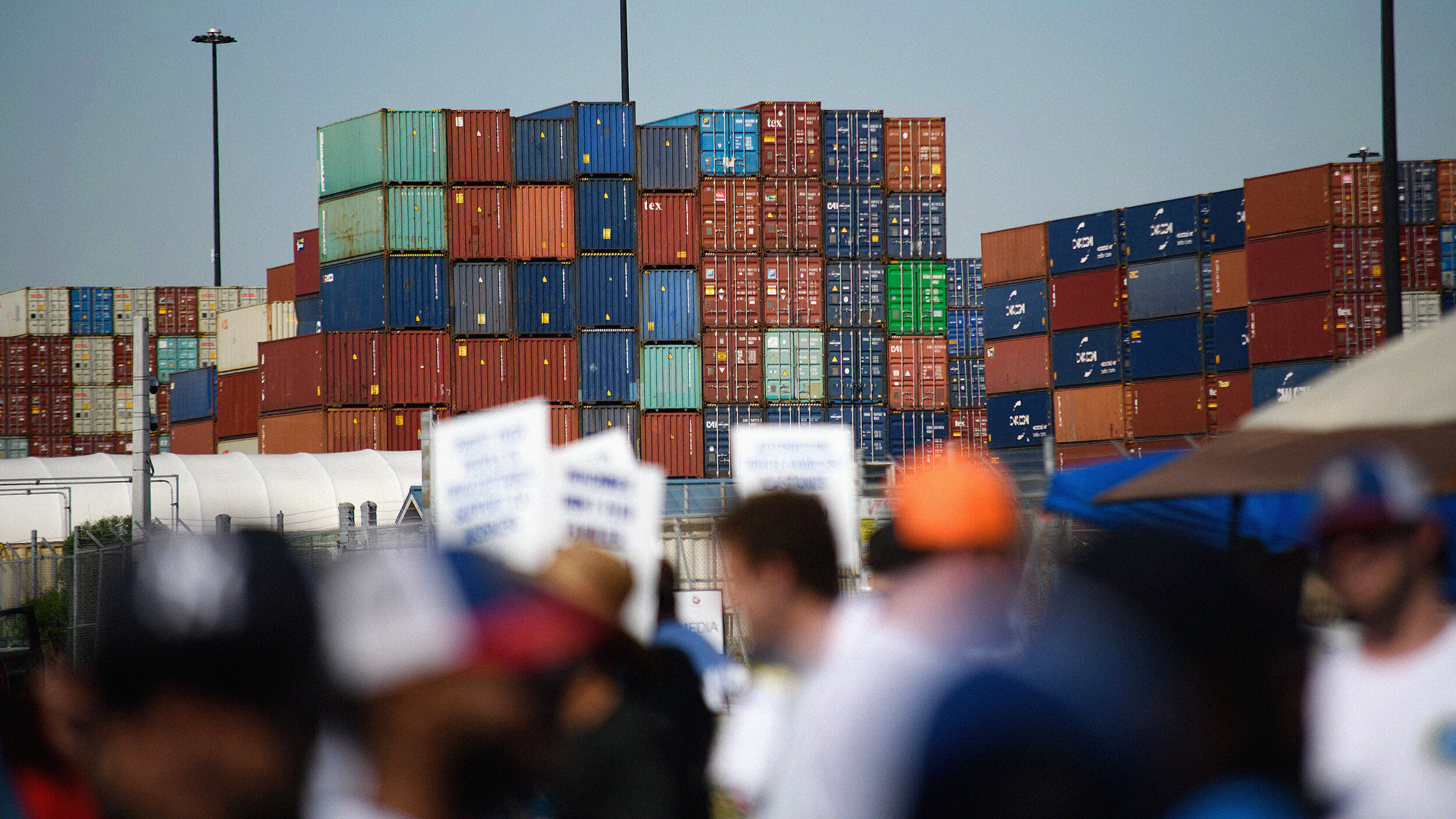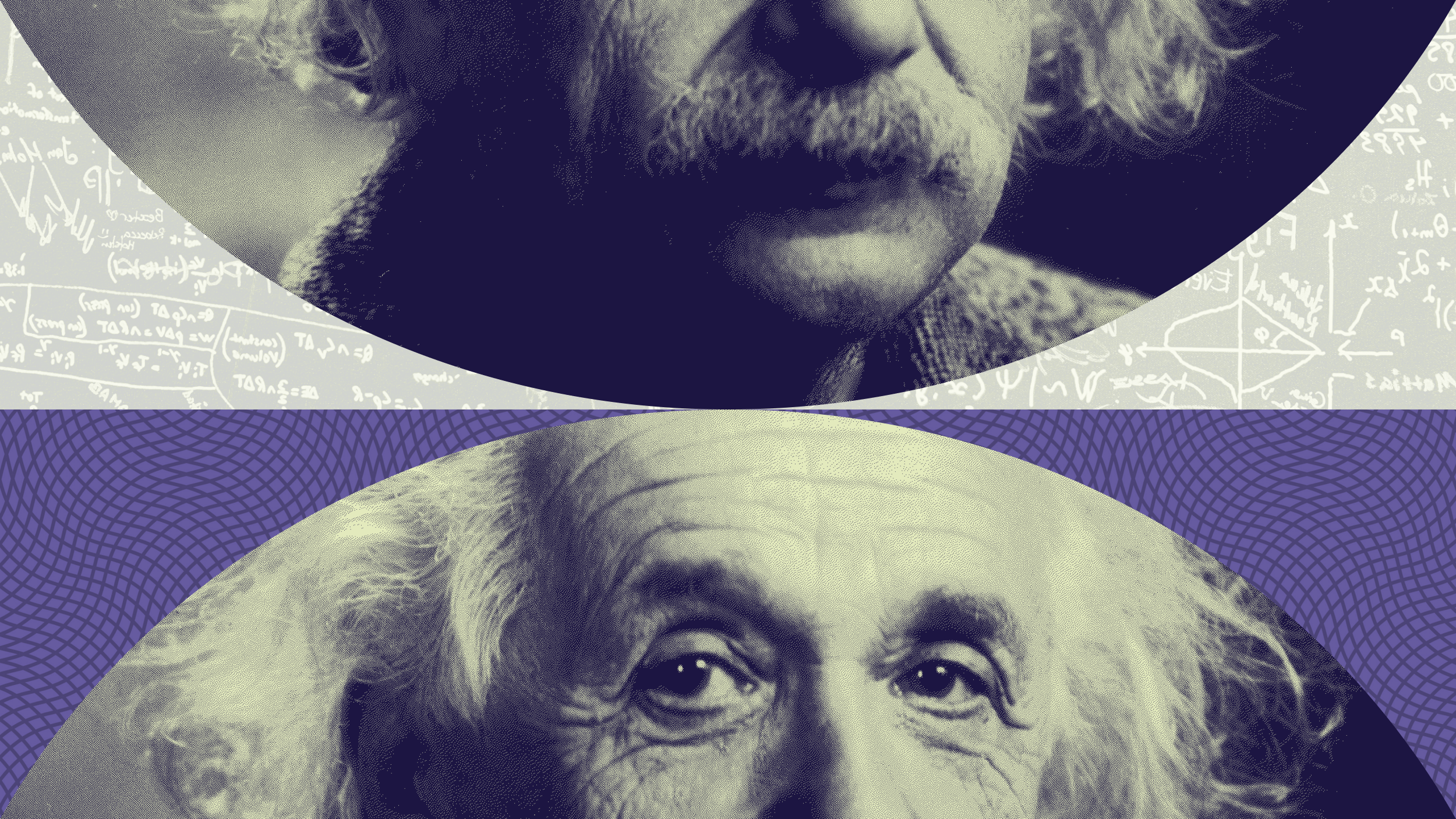Capitalism at its rawest.
Question: Does China pose a special challenge to the environment?
Gus Speth: Well, the challenge of China is the sheer scale of the expansion that's occurring there and the way that it's being carried out. I mean, you know, you think of China as a communist country, but this is capitalism at its rawest form. And, you know, it's a serious question, I hope, of whether that system can-- you know, how to bring that system under some control. We're going to have to help, to work with China to create some very powerful economic incentives to change their trajectory of their energy development, for example. Now, they have proposed that me--international community, that the international community effectively double international development assistance and that that increment be used to promote and incentives for de-carbonization, for getting rid of greenhouse gasses, for moving energy strategies into the right direction. And, you know, it's really not that much more money, frankly, because international development assistance is not that big. And, you know, so those are the-- but it gives you a sense to the kind of things that we will need to begin to work on.
Recorded: 3/23/08





